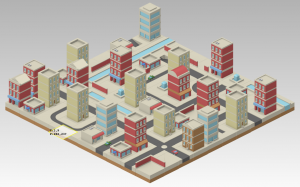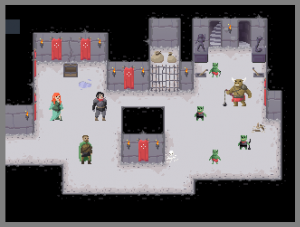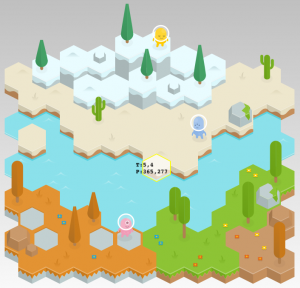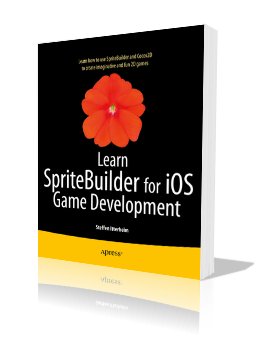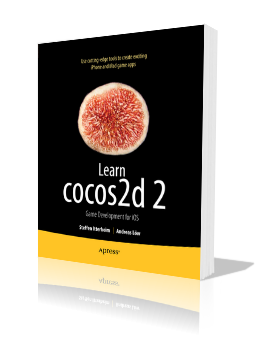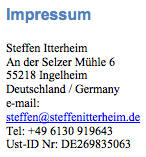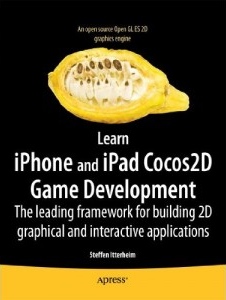
Chapter nil - EXC_BAD_ACCESS 😀
The book is done! No more chapters, finito.
I WROTE A BOOK!!! I can’t believe it! It took me just about 4 months to write, or 16 weeks, not counting the weeks of proposing the book and the coming weeks in which I’ll be reviewing the edits made by Apress and making last minute changes and additions.
For now, don’t offer me to write another book! I’m done writing books. For this year. So maybe next year. And maybe one about the Corona Game Edition? I’m certainly finding myself interested to finally try out Corona, if only for fun. I’m attracted by their clean and elegant API, the fact that they’re using Lua which I know inside out, and the professional atmosphere associated with it. But don’t worry, those are just thought plays right now.
I’ll certainly keep adding more Cocos2D content to this website of course. If the Alpha Book program and the number of questions I receive by email are any indication of what’s to come, I want to be prepared and be able to cope with a potential onslaught of questions. I’ll make an announcement about that soon, stay tuned.
Summary of working on Chapter 15 - Out Of The Ordinary
I’m not sure if the title will stick, I found it to be very fitting. Out of the ordinary should be the guiding principle for whatever you do. Create something that’s different, and don’t be afraid to be different. Maybe that sounds cheesy and if you don’t get it right away, I know that Chris Guillebeau and his Art of Non-Conformity articles and book will be able to shed at least some light on what I mean by that.
In this last chapter I’ve included a section about where to get help, and not just places where to ask questions and where to find tutorials. I also mean finding free game art and audio, as well as freelancers and tools. I also wrote a section about technologies that may be of interest to Cocos2D game developers, including a complete list of social networking SDKs. But also including server technology as well as ads and analytics.
I devoted several pages to marketing. Marketing yourself and your game by writing a blog and being active on Twitter. The benefits and caveats of public relations (PR) and press releases, and a heading about working with publishers and what you can expect from cooperating with a publisher. Finally I made comprehensive lists for both outstanding Cocos2D games as well as the commercial source code projects that are currently available.
Capital C and D
In case you’re wondering why I’m writing Cocos2D instead of cocos2d, it’s a copyedit thing. Cocos2D is a proper noun and as such it must be capitalized, while the D following a number stands for dimension and the commonly accepted way to write 2D and 3D is with a capital D. Cocos2D is written like this throughout the book, as you can see from the title, and now I actually prefer to write it like this. In its own way the book helps to bring Cocos2D to a new level. I like to think that this is reflected by capitalizing the word.
 It seems like a no-brainer to most computer-affiniados and gamers: eventually, all video games will be distributed online. The question is only, when?
It seems like a no-brainer to most computer-affiniados and gamers: eventually, all video games will be distributed online. The question is only, when? 





